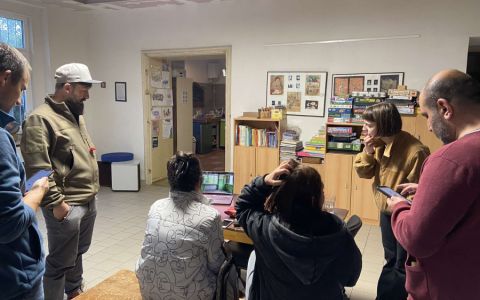"Healthcare Waste Treatment: The Czech Republic and Slovenia in Comparative Perspective" is a new study prepared by Arnika. The main objectives of the study are: (1) to compare the legal, economic and environmental aspects of two different healthcare waste treatments, such as waste incineration and autoclaving; (2) to discuss why efforts to expand autoclaving in the Czech Republic were stifled, with even some of the existing facilities being closed; (3) to investigate the reasons why the most of the waste that is subjected to autoclaving in the Czech Republic is then incinerated and (4) to evaluate the advantages and disadvantages of the Slovenian healthcare waste treatment approach, especially in terms of annulling the infectious properties of healthcare waste.
The study commences with a general overview of the conditions and policies for healthcare waste treatment in the two countries, set within the context of broader trends in CEE. Then follow two sections which review the legal, economic and environmental dimensions of the approaches that both countries have chosen to follow. Here, the problems, alternatives, quantities, residuals and selection of healthcare waste in each country are examined in further detail. The next section analyses, in a comparative manner, the economic and environmental strengths and weaknesses of healthcare waste treatment in both countries.
The conclusion highlights some of the positive experiences that have emerged as a result of the comparative analysis. It emphasises the benefits of the strategy pursued by Slovenian authorities, both in economic (as the cost is lower) and environmental terms.






